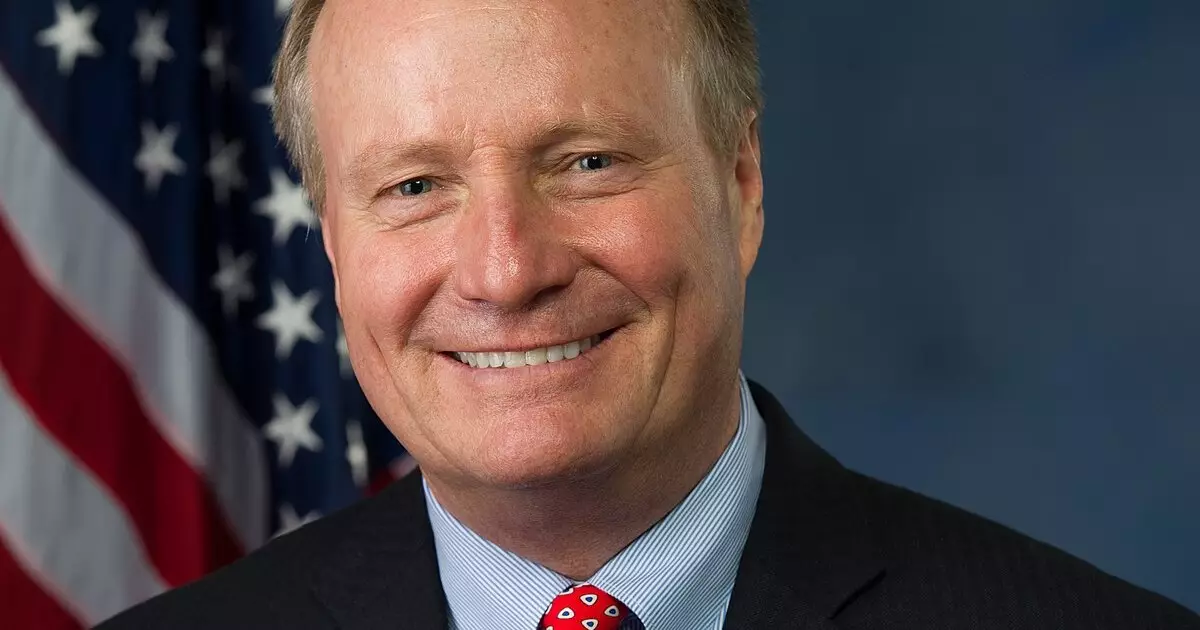Washington D.C. stands at a crucial juncture, grappling with pressing security concerns and an imperative need to enhance its budget for the upcoming fiscal year. The District’s leaders are actively seeking Congressional support for an increase of $932 million in their budget request, a sum that is $142 million higher than the previously enacted level. This appeal stems not only from the need for enhanced emergency preparedness but also highlights the ongoing struggles of the city in an evolving economic landscape.
With increasing security threats in the nation’s capital, leaders have placed great emphasis on emergency preparedness, particularly with the upcoming Presidential Inauguration. The testimony presented by Rep. Dave Joyce from Ohio during the recent House Appropriations hearing underscores the severity of these threats. Joyce emphasized his commitment to emergency preparedness, particularly in light of his involvement with the House Task Force on the Attempted Assassination of Donald Trump. This concern is not unfounded; it reflects the broader anxiety surrounding major political events and the essential readiness required by local law enforcement and emergency services.
The proposed funding increase includes a specific allocation of $47 million earmarked for emergency preparedness. Such investments are emblematic of a shifting focus within the budget—one that recognizes the critical nature of threats to national leadership and public safety. The need for a fortified budget serves not just the government but enhances the overall stability and safety perceived by the public, particularly in light of recent political tensions.
The fiscal health of Washington D.C. remains strong, with Mayor Muriel Bowser advocating fervently for the budget increases. Bowser highlights a track record of balanced budgets—29 consecutive years—and a top-tier triple-A bond rating. These fiscal accolades illustrate the city’s robust financial management; however, they also draw attention to the challenges posed by federal bureaucratic relationships. A reassuring fiscal narrative might evoke envy from other mayors, but it is essential to recognize the intricate dynamics between local fiscal health and federal oversight.
Council Chairman Phil Mendelson’s comments on the relationship with the federal government introduce a critical dimension of this dialogue—risk factors associated with Congressional oversight. Ongoing legislative dysregulations, such as delays in adopting appropriation acts and the persistent threats of government shutdowns, exacerbate the city’s financial vulnerabilities. Mendelson’s assertion draws attention to a troubling reality: the kind of legislative turmoil often encountered in Congress can materially affect the District’s borrowing costs and financial planning.
The broader economic landscape in Washington D.C. has also experienced seismic shifts, primarily due to the work-from-home phenomenon that emerged during the pandemic. Glen Lee, the city’s CFO, voiced concerns about the drab state of downtown office spaces, revealing that office utilization remains at an astonishingly low 50% of pre-pandemic levels. With 100,000 to 250,000 fewer individuals commuting daily, the economic vitality of the city feels the consequences.
This downturn poses significant challenges not only for local businesses but also for public transportation revenues, which rely heavily on commuters. A lack of foot traffic fundamentally alters the commercial ecosystem within the District, ultimately impacting tax revenues and budgetary allocations for essential city services.
Interestingly, Washington D.C.’s budget requests have often been the battlefield for broader national political issues, creating a complex interplay between local agency and federal intervention. Legislative riders attached to budget requests frequently include contentious provisions around cannabis regulations and voting rights—issues that directly affect the lives of District residents. As emphasized by Rep. Steny Hoyer, Washingtonians possess the capabilities to govern themselves without external interference complicating an already intricate local governance framework.
In the end, while the request for increased funding appears robust, it also lays bare the multifaceted challenges Washington D.C. faces from economic uncertainties, evolving security requirements, and the often contentious relationship with the federal government. It serves as a reminder that despite the city’s strong financial policies, external factors can substantially dictate its fiscal and administrative landscape. The journey ahead for Washington D.C. will require strategic navigation through these layers of complexity to ensure both security and economic resilience for the future.

